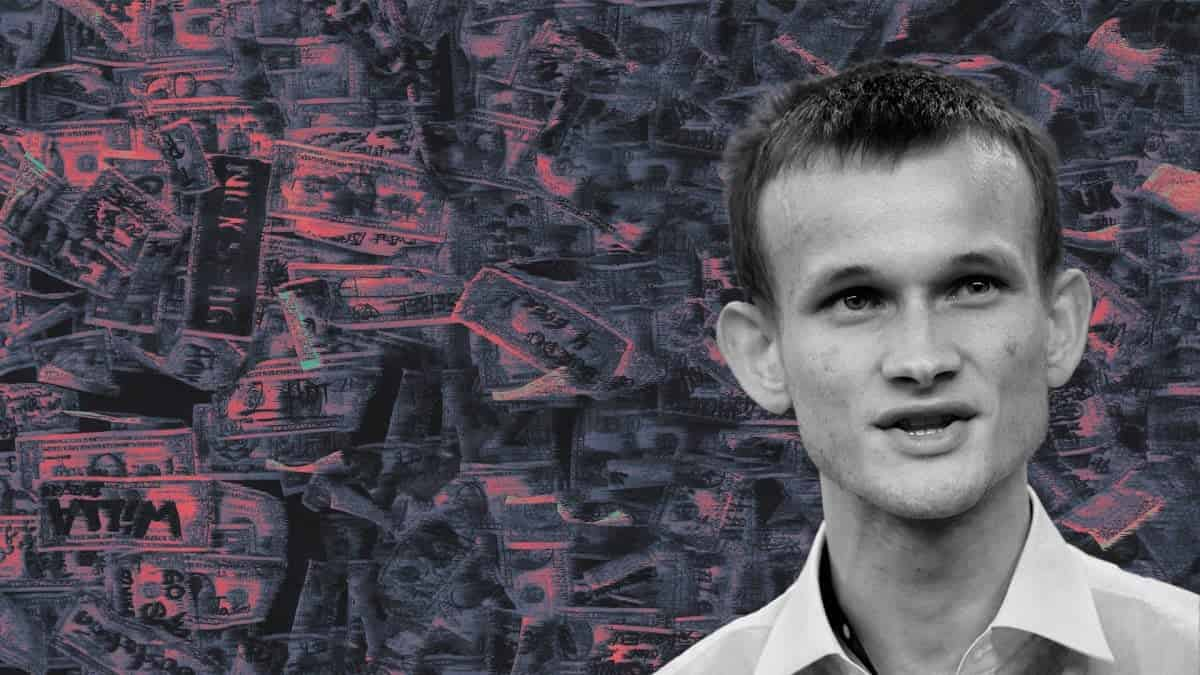
Ethereum co-founder Vitalik Buterin detailed a potential future roadmap for the blockchain named The Verge, focusing on making a fully verifying node more achievable for a critical mass of people.
“Today, running a node is possible on a consumer laptop, but doing so is difficult,” Buterin said. “The Verge is about changing this and making fully-verifying the chain so computationally affordable that every mobile wallet, browser wallet, and even smartwatch is doing it by default.”
Buterin’s goals for The Verge roadmap include stateless clients, where thoroughly verifying clients and staking nodes should not need more than a few gigabytes of storage. In the long term, verifying the chain should be as easy as downloading data and validating their SNARKs, Buterin added.
In detail, Buterin explained an Ethereum client today needs to store hundreds of gigabytes of state data to verify blocks, and the amount of data continues to increase yearly. According to the Ethereum co-founder, this reduces the number of users who can verify the chain, creating “great friction” for new clients.
To solve the problem, Buterin suggested Stateless verification, which allows nodes to verify blocks without the entire state data.
In a stateless model, Ethereum clients and staking nodes wouldn’t need to store all the blockchain's state data. Instead, they would receive only the specific data needed to verify a particular block.
“Instead, each block comes with a witness, which includes (i) the values (e.g., code, balances, storage) at the specific locations in the state that the block will access, and (ii) a cryptographic proof that those values are correct,” Buterin said.
However, the Ethereum co-founder noted that implementing this verification method would require changing the Ethereum state tree structure, which poses computational difficulties.
In another method to accommodate Ethereum clients, Buterin proposed adding validity proofs of EVM execution to make the virtual machine low-resource. For a client who wants to verify a block with a SNARK, the network must provide validity proofs of consensus, the part of the system that handles deposits, withdrawals, signatures, validator balance updates, and others. Nonetheless, Buterin noted that building consensus proofs would take years to finish.
Disclaimer: The Block is an independent media outlet that delivers news, research, and data. As of November 2023, Foresight Ventures is a majority investor of The Block. Foresight Ventures invests in other companies in the crypto space. Crypto exchange Bitget is an anchor LP for Foresight Ventures. The Block continues to operate independently to deliver objective, impactful, and timely information about the crypto industry. Here are our current financial disclosures.
© 2024 The Block. All Rights Reserved. This article is provided for informational purposes only. It is not offered or intended to be used as legal, tax, investment, financial, or other advice.
